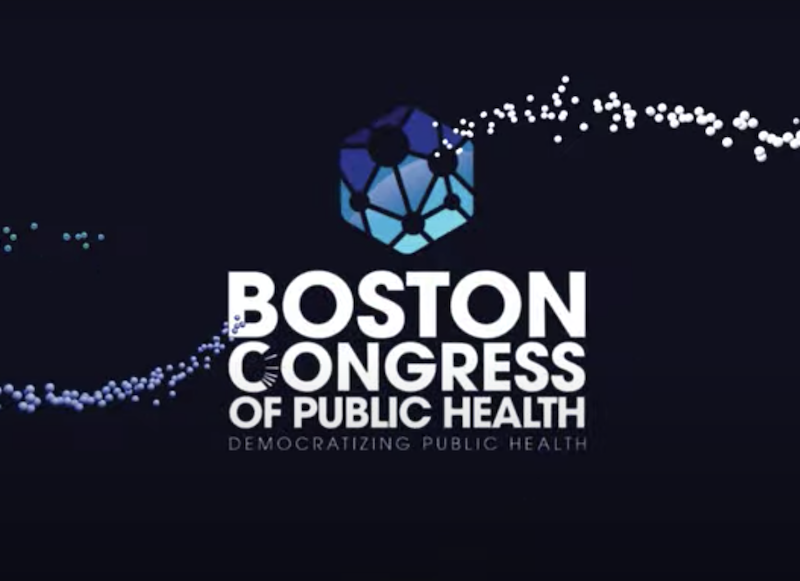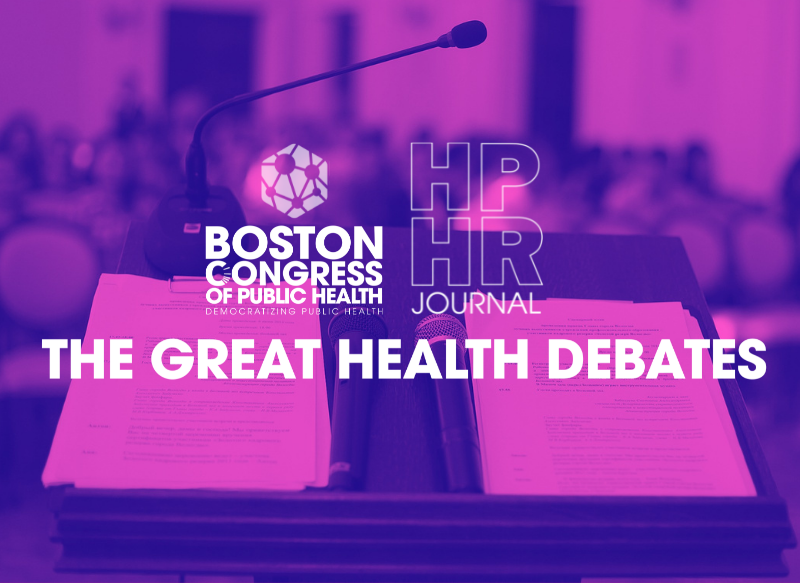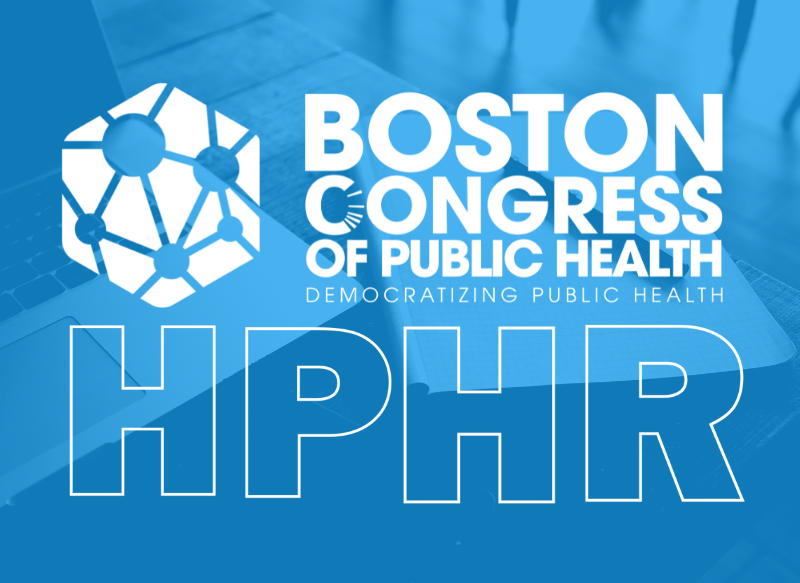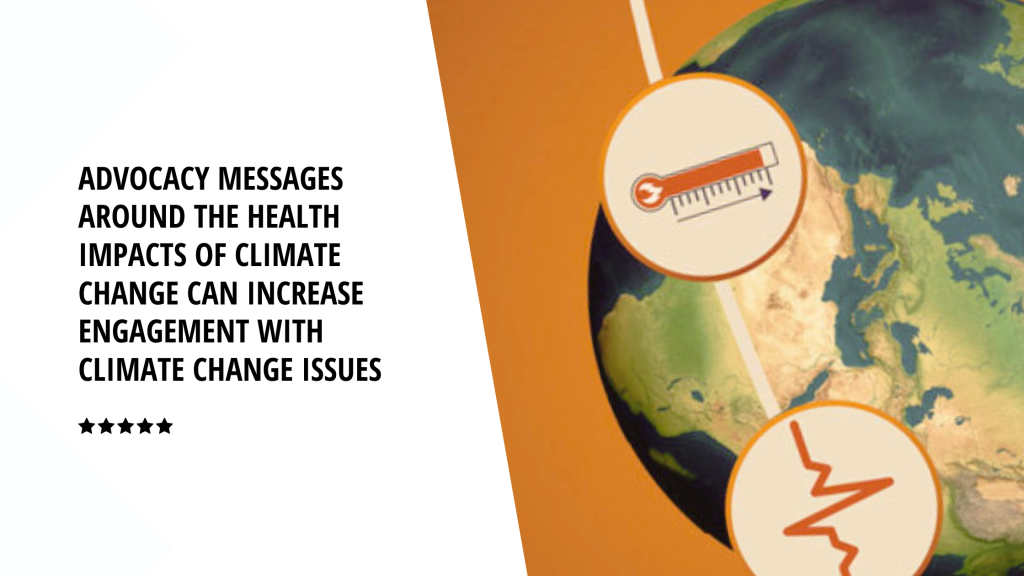
Did you know: Over 90% of people globally breathe polluted air, mainly from fossil fuel combustion.
Welcome to my Public Health Thought Leadership Series, where I discuss the theme, “The Climate Crisis Is a Health Crisis”, with experts across diverse public health fields.
Today’s blog concludes the two-part sub-series on strategies to develop advocacy messages about climate change. In the first blog post in this sub-series, I weighed in on the advocacy tactics used by the British environmental activist group, Just Stop Oil, to drive public conversations about climate change.
Climate change is considered the most significant global health threat in the 21st century.
The years 2021 and 2022 witnessed extreme weather events that ravaged every continent. This compounded the challenges for healthcare systems already strained by the impacts of the COVID-19 pandemic.
Africa, in particular, witnessed alarming changes. The continent’s highland areas experienced a 13.8% increase in the number of months favorable for malaria transmission from 1951-60 to 2012-21. Additionally, the likelihood of dengue transmission rose by 12% during the same period.
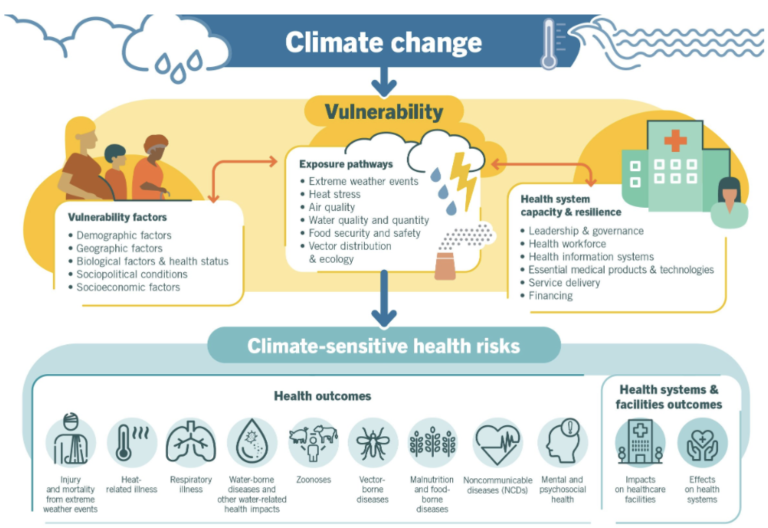
Even though African countries bear the brunt of climate change, most large-scale climate change advocacy programs within the region tend to be event-based—only gaining momentum after the occurrence of a climate disaster.
A notable example was the 2017 #StopTheSoot campaign in Nigeria’s Port Harcourt, which was formed in response to the thick smog that enveloped the city for several months. The pollution was a consequence of fossil fuel combustion in oil refineries.
The campaign stimulated widespread public participation across the city and even caught the attention of the country’s president. As a result, a state of emergency was declared to address the soot issue, and the local authorities took steps to clamp down on illegal crude oil refineries, which were identified as the primary culprits.
While the #StopTheSoot campaign had diverse objectives, it included a secondary campaign that was focused on raising awareness about the health impact of long-term exposure to soot.
According to research, advocacy messages centered around the health impacts of climate change can lead to increased engagement and support for mitigation policies.
Health issues are more relatable and are less politically polarizing, making it easier to foster connection and understanding among diverse groups of people.
Research exploring climate change’s health consequences has expanded in recent years. However, a knowledge gap exists between experts (researchers and health professionals) and non-experts (policymakers and the public).
To fill this gap, it is recommended that advocacy messages centered around climate and health should incorporate these three information categories:
This recommendation is based on findings from a United States-based study which revealed that advocacy messages incorporating all three information categories were more effective in driving climate action among the population. On the other hand, excluding any of these categories had a less positive impact.
It is worth noting that climate advocacy campaigns in Nigeria that incorporated at least one of these strategies recorded remarkable success towards their objectives. This indicates that public support for climate change in Nigeria and similar regions would significantly improve if advocacy campaigns were rigorously developed to include all three information categories.
World Health Organization. (2021). 2021 WHO health and climate change global survey report. https://www.who.int/publications/i/item/9789240038509
The mission of the Boston Congress of Public Health Thought Leadership for Public Health Fellowship (BCPH Fellowship) seeks to:
It is guided by an overall vision to provide a platform, training, and support network for the next generation of public health thought leaders and public scholars to explore and grow their voice.
